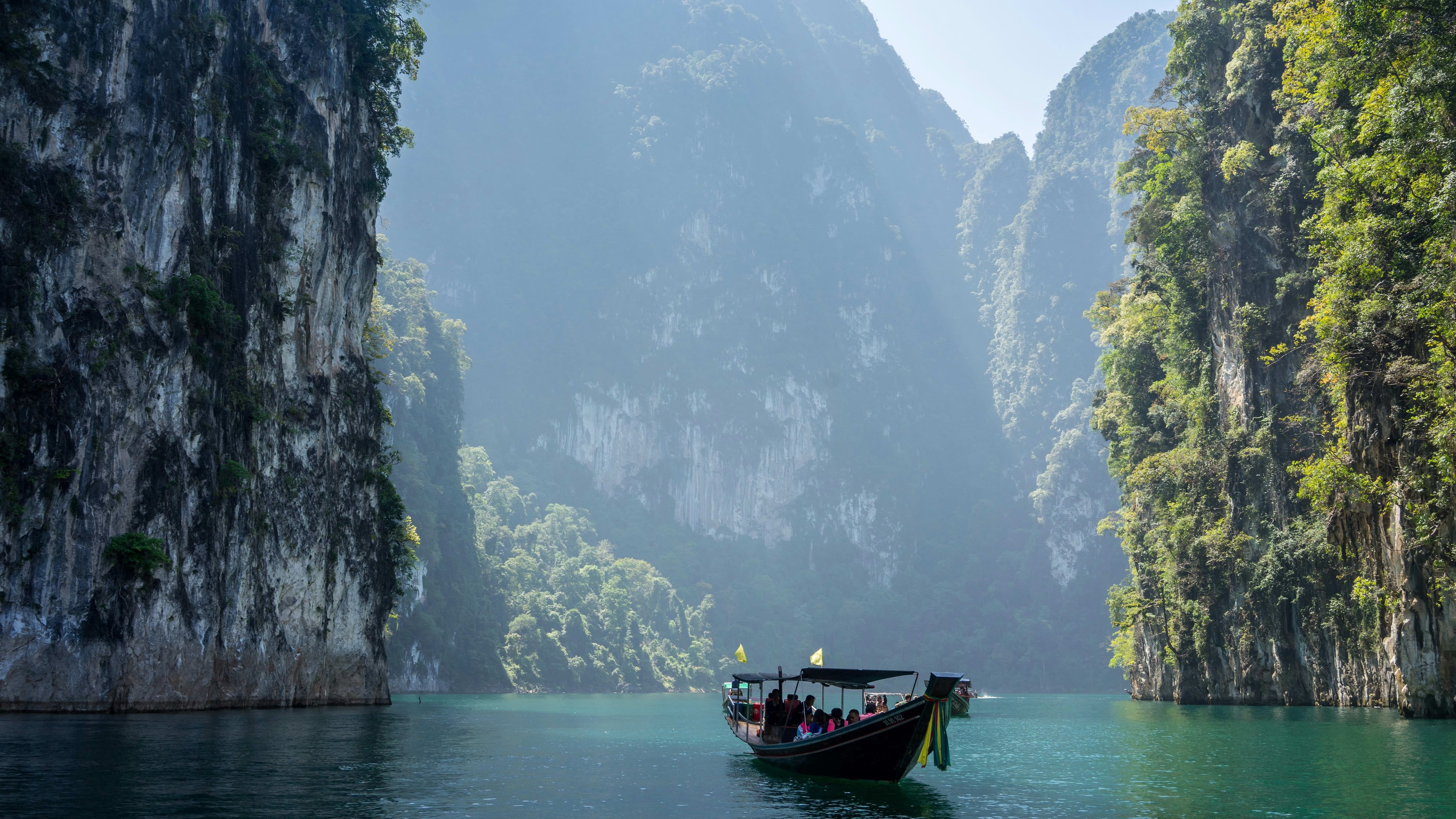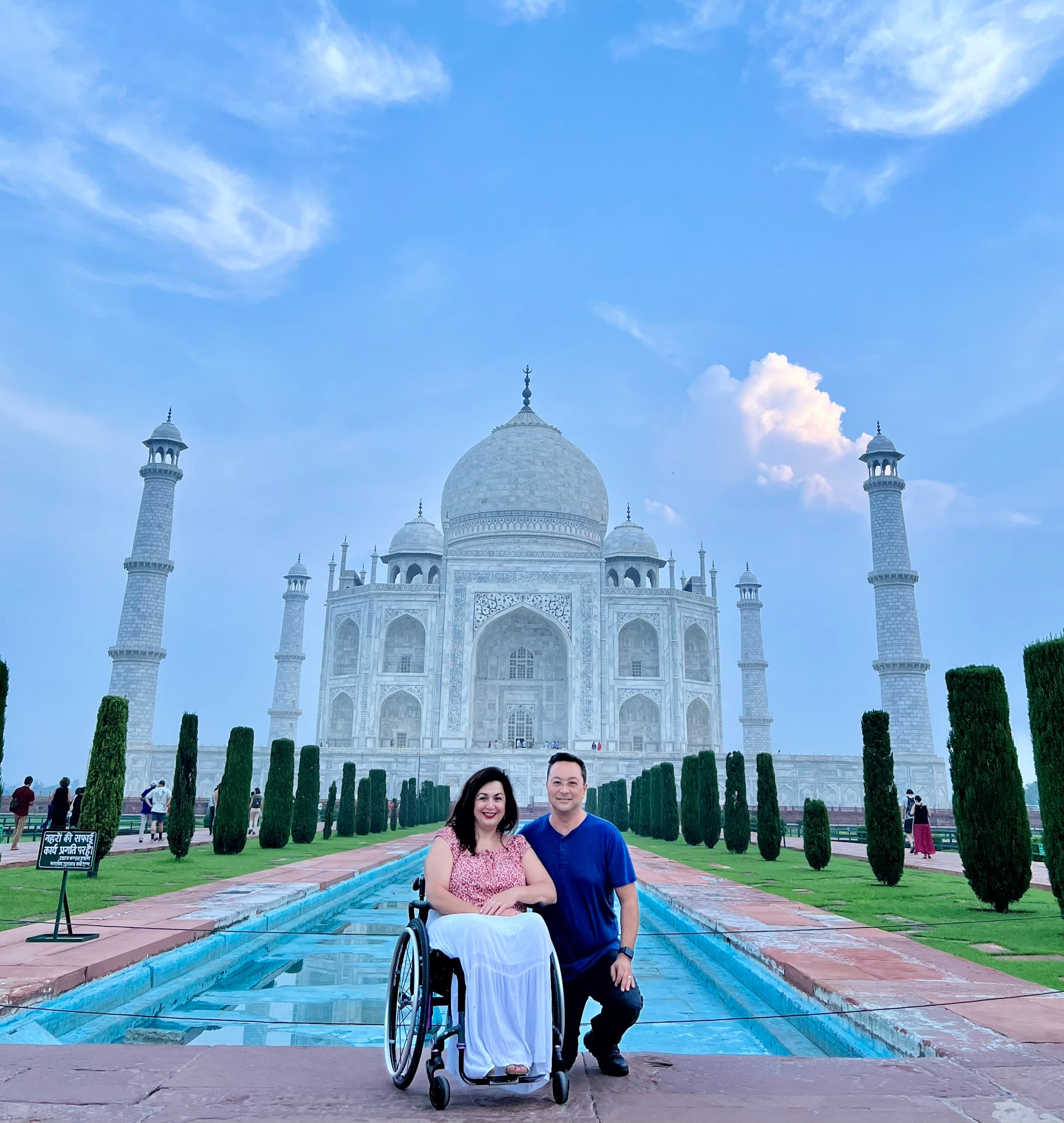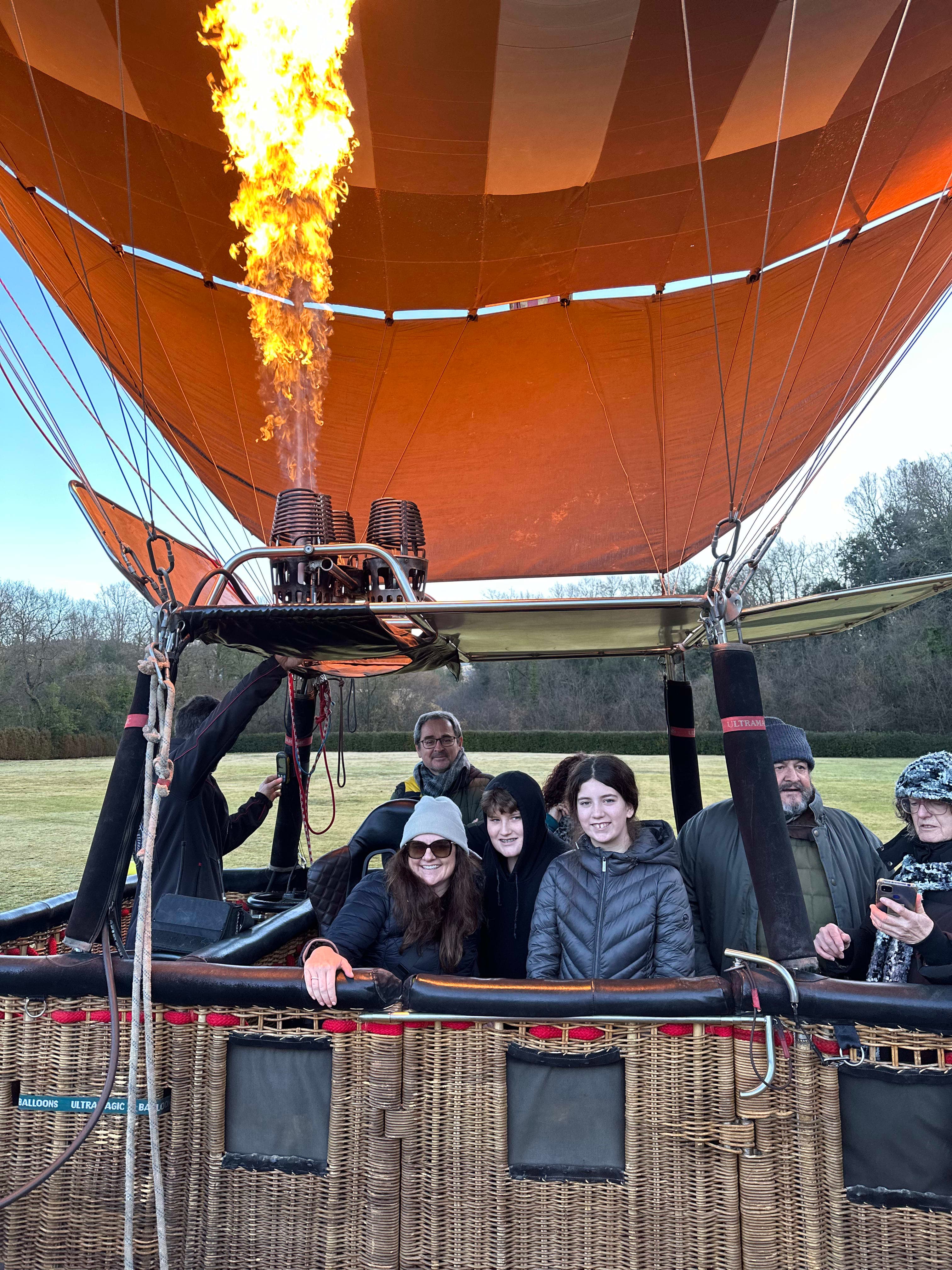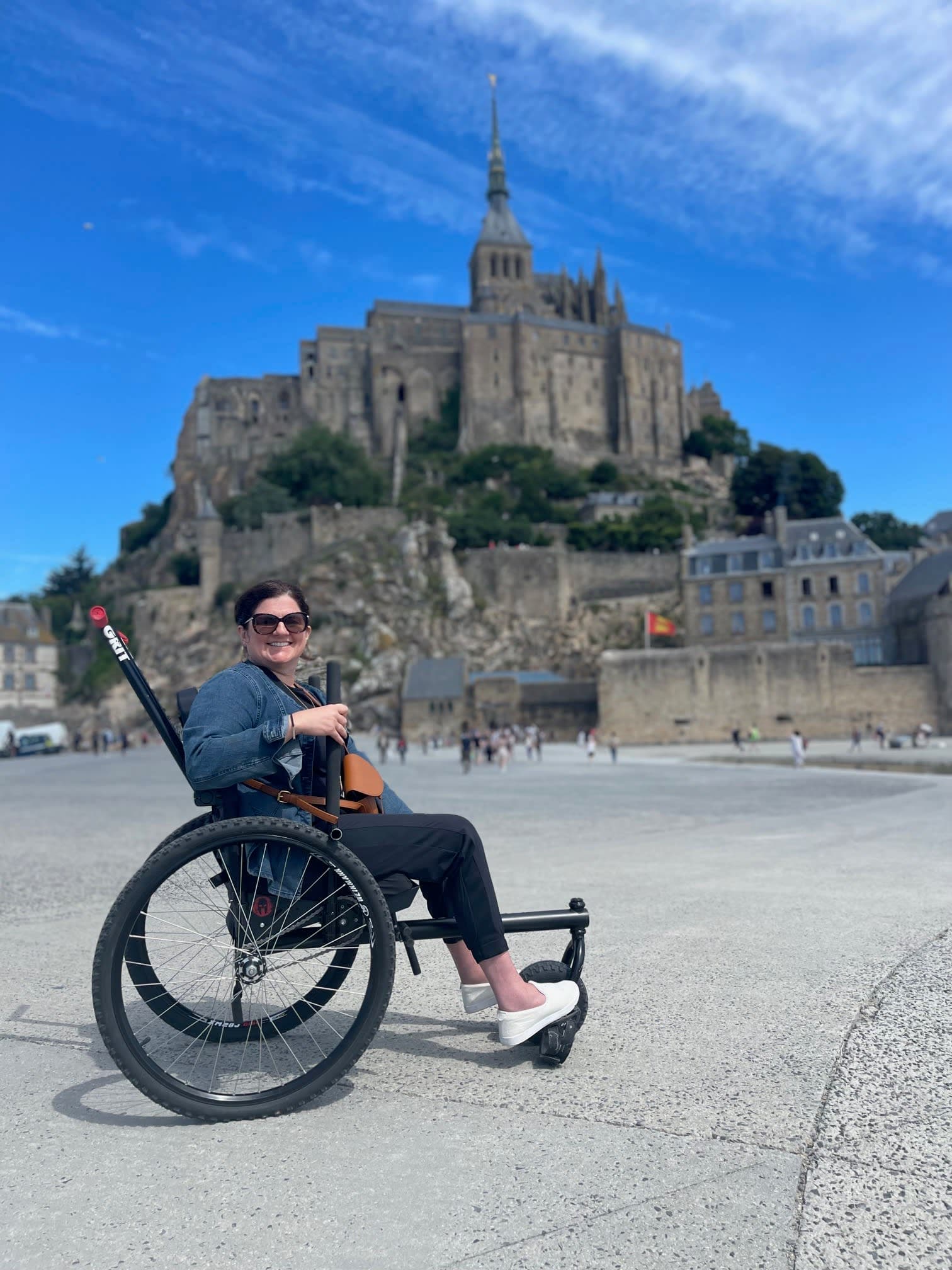
Fora Advisors are curators of exceptional experiences. They leverage their keen expertise, firsthand knowledge and robust network to craft meaningful trips and moments for every client. Creating accessible trips involves bringing dreams to life for every traveler. It’s about enabling clients to enjoy themselves without limitations. Fora Advisors educated in accessible travel know how to remove barriers that are often overlooked.
“Having a disability is a challenge,” said Fora Advisor Karen Morales, an accessible-travel expert and consultant on Fora’s newly launched accessible-travel training. “And we truly need, want and expect a trip to feel like a vacation. When you meet — and even exceed — our expectations, we remember.”
Accessible travel encompasses inclusive, barrier-free experiences for everyone, including clients who need extra mobility considerations, or transportation options that accommodate a wheelchair, or experiences that cater to those with sensory or congenital disabilities. Maybe a client recently broke their ankle and dons a pair of crutches. Perhaps a multi-generational family is traveling with grandparents who’ve had their hips and knees replaced. Maybe a client has a severe food allergy. Accessible travel is personal; it’s about minding the details so that clients don't have to.
“Everything is hard with a disability,” Karen added. “Taking a bit of that away, making it extra special? That’s the goal.”
Everyone should care about accessible travel




Images courtesy of Judy Tudor
According to the World Health Organization, nearly ⅙ of the global population lives with a disability. But disability touches everyone at some point.
“I know several people who injure themselves right before their vacation or during their vacation and find themselves needing accessible accommodations,” Fora Advisor Judy Tudor, who has also consulted on Fora’s accessible-travel training and is herself a subject-matter expert, said.
Judy stressed that we are all getting older. In fact, the population of people over 60 is expected to reach 2 billion by 2025. Our bodies change and evolve with age, which impacts how we travel.
“It is often when we are older that we have more time and money to travel,” Karen said. “It benefits all of us to advocate for more accessible travel options so we can travel and enjoy making memories with those we care about for many years to come.”
When planning accessible vacations, travel advisors consider the accommodations, transportation, information availability and staff support on the ground. Does a hotel have sufficiently wide doorways for wheelchairs? Is braille signage available? Can someone on crutches easily board a train? Does the hotel staff know how to make a stay comfortable for travelers with differing needs? These are but a few of the considerations travel advisors should verify when planning trips.
“When you are a person who lives with a disability, it requires a lot of planning and thinking all the time to make sure that whatever you are doing will be accessible,” Judy said. “I hope for my clients that they can just enjoy their vacation without having to worry about all the things they normally have to think about.”
So much more than a travel planner




Images courtesy of Karen Morales
Fora’s accessible-travel training covers the questions advisors need to be asking and how to effectively communicate with partners and clients. It will also include access to a master list of hotels and partners that are truly accessible — that is, they go beyond the requisite ADA rooms.
“I know the best accessible hot-air balloon in Spain. I know an incredible experience in Tuscany where half the group can ride a horse while the accessible crew learns to cook on a working farm,” Karen shared. “I’ve had beach-club owners buy a beach wheelchair or a fancy club give the accessible guest a cabana, just because.”
Small-group webinars dive into the logistics of accessible travel; advisors learn how to properly take care of clients before, during and after their trip — and all with ongoing community support. Karen sees herself as more than just an advisor; she’s a cheerleader and coach, too. She’s explained to clients how to navigate tiny airplane restrooms or deal with a broken chair. She’s recommended shower chairs and wheelchairs. She knows how to understand what a client needs, and how to communicate those needs to our partners. Both she and Judy are eager to share their wisdom and help Fora Advisors confidently book and plan accessible experiences for clients.
“I’ve sat with clients while they have cried and I have promised them that there is great beauty on the other side of the fear of getting out there,” Karen added. “For me, it is not just the trip, it is the feeling of freedom that comes from believing that not everything must feel limited. Those special moments that vacation brings…they are still possible.”
The power of accessible-travel agents




Images courtesy of The Ritz-Carlton O‘ahu, Turtle Bay and Fora Advisor Karen Morales
Part of the reason such moments are still possible is because of stellar advisors like Karen and Judy. They know how to open doors. They know how to make clients feel safe and excited about traveling. Both women use wheelchairs, and have expressed how they’ve undergone a lot of trial and error on their own vacations. They’re eager to share what they’ve learned.
“I hope that by educating our travel advisors, more people will reach out and receive the expertise that they need to book the perfect vacation,” Judy said.
Our advisors know that perfect is different for every client — and they know how to make perfect happen. Personal connections and the thoughtful advisor touch make all the difference. When advisors know what’s possible and take the time to really get to know their clients, they make the world open up.
“It is helpful to have someone in your corner who knows how to advocate,” Karen said. “Many of us are proud and independent people, and it is a learned skill to consistently ask for help. I love helping clients work through that barrier.”
Accessible travel “is a super popular restaurant in Rome clearing out the entire 10 pm seating to get a guest in, with pleasure. It’s a wheelchair zipline in Costa Rica, or a tasting menu in a treehouse accessed by a ramp,” Karen continued. “It’s scuba in Mauritius with a dive guide that carries you onto the boat. It is doing the Camino de Santiago with five other chairs. It is, for me, pushing beyond a room that is adapted to an experience that is truly special, tailored and inclusive.”
We all benefit from a world in which inclusive travel is the norm. Our advisors are making it happen.
“It feels so validating to feel like a usual guest getting great service and not like the problem child,” Karen said. ”The accessibility community is so used to being shoved aside that when you embrace us, we bloom.”

